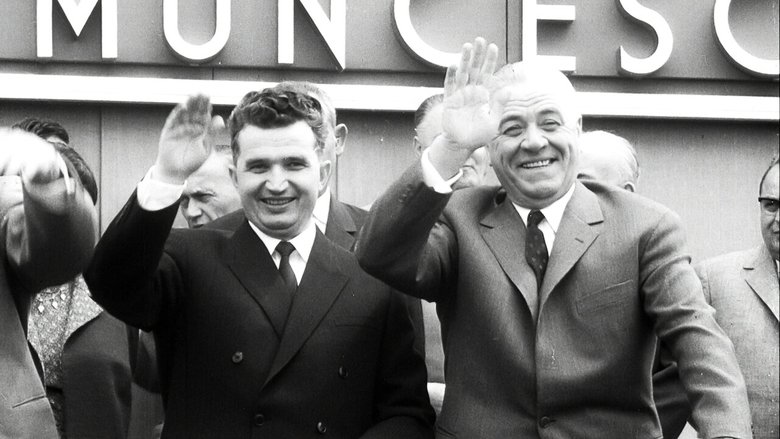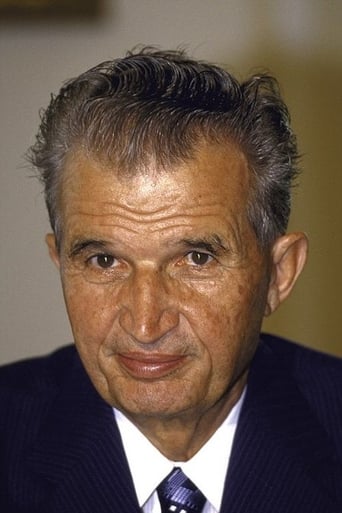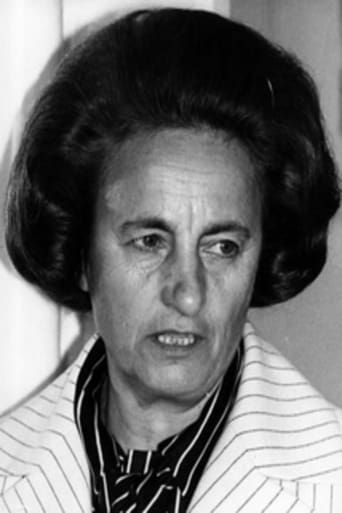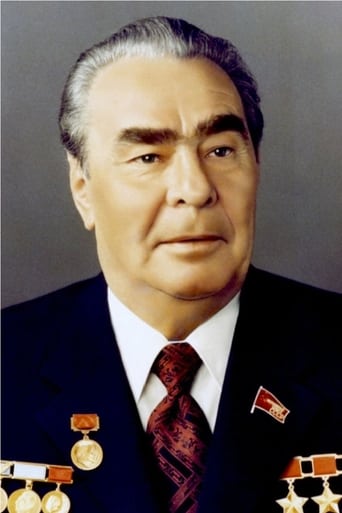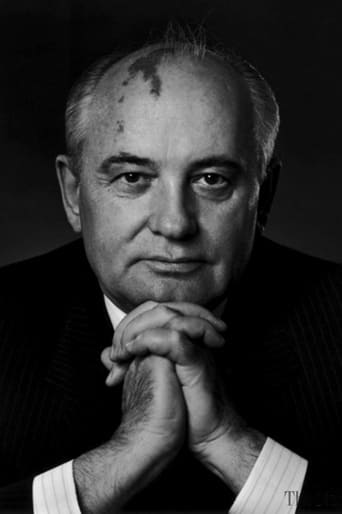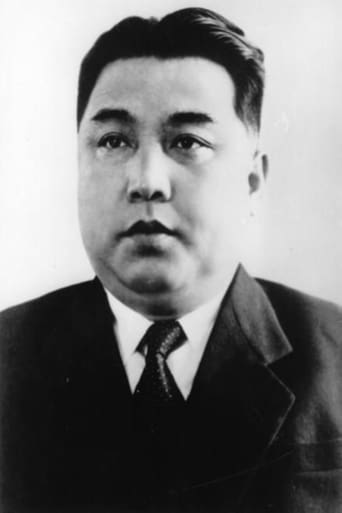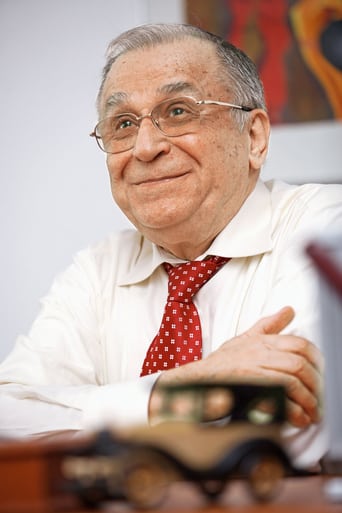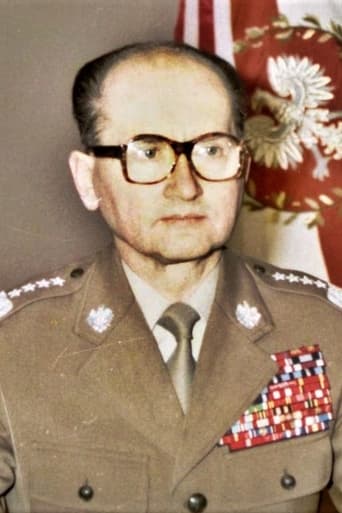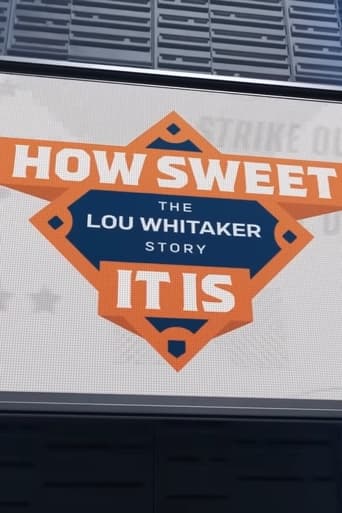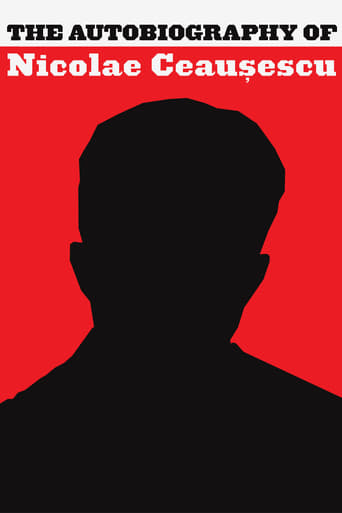
The Autobiography of Nicolae Ceausescu
October. 29,2010The three-hour-long documentary covers 25 years in the life of Nicolae Ceaușescu and was made using 1,000 hours of original footage from the National Archives of Romania.
Similar titles
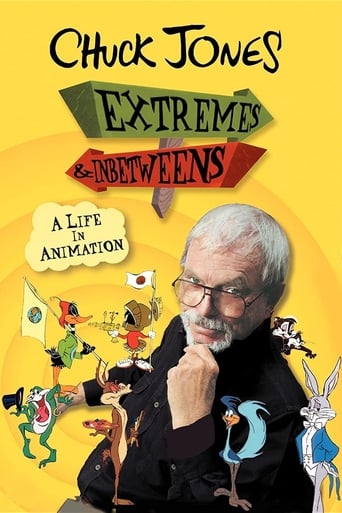
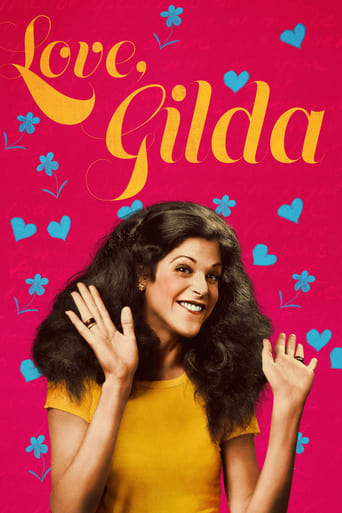
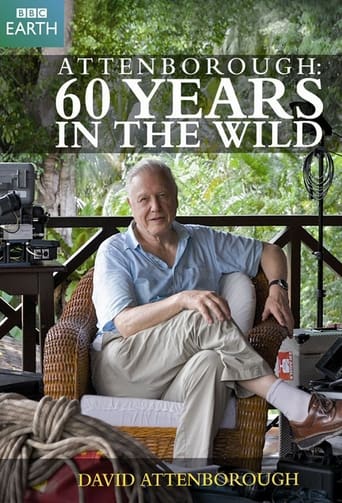
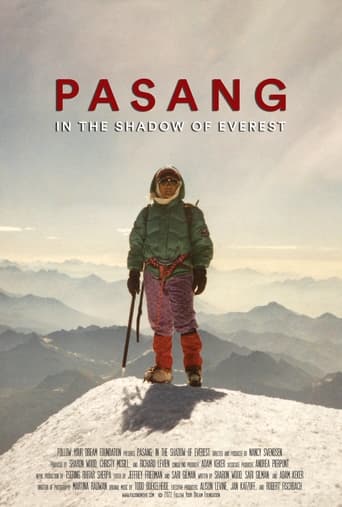
Reviews
Touches You
Don't listen to the negative reviews
At first rather annoying in its heavy emphasis on reenactments, this movie ultimately proves fascinating, simply because the complicated, highly dramatic tale it tells still almost defies belief.
The acting in this movie is really good.
Maybe an explanation of the long duration is this: the duration of the movie is part of the message of the movie. I grew up partly during those times in Romania. Having watched this movie now reminds about the dread of many moments that I lived through, especially of the repetitive propaganda that we all had to listen to every day (2 hours of TV program daily, 90% of the time with his face on the screen). The title of the movie – autobiography – suggests that this is how the title character would have made this movie: in the same egotistic way that he ignored the Romanian population during his dictatorship.
Interesting as it is to be able to observe one of the Cold War's craziest dictators at such close quarters for three hours, it's perverse of 'The Autobiography of Nicolae Ceaușescu' that it should derive its fascination from the unfamiliarity of the material, but then insist on compromising the impact provided by that very unfamiliarity by deeming itself too cool to bother with fuddy-duddy conventions like commentary and captions to give the audience a much-needed sense of context at critical moments: of which it serves up many. Two sequences that particularly stand out are a breathtaking North Korean pageant in exquisite colour, staged on Ceaușescu's behalf by a beaming Kim Il-sung some time presumably in the seventies; and the 84 year-old communist party veteran Constantin Pîrvulescu taking the podium at the 12th Party Congress in November 1979 and launching into a remarkable attack on Ceaușescu calling for his resignation. (The film left me extremely curious as to what happened to Pîrvulescu next, but it was to Wikipedia that I had to turn to find most of the information I've just given you, and that Pîrvulescu, rather than being immediately killed was simply placed under house arrest, survived the Ceaușescu years and lived to be 96; news that ironically revealed the Ceaușescu regime in a better light than I had anticipated).There has always struck me as a certain aloof arrogance about documentaries that entirely dispense with commentary. (Just as 'Shoah's refusal to include ANY historical footage - so that we don't even get a photograph of the young Jan Karski during his lengthy interrogation by Claude Lanzmann - actually blunted the impact of the material that Lanzmann piously affected to be giving us unadorned). Andrei Ujică's film ironically adheres as stubbornly to its own particular dogma of self-consciously 'audacious' minimalism as Ceaușescu himself did to his own dogmas in the political and economic spheres. Would it really have hurt for Mr Ujică just occasionally to provide the viewer who has invested three hours of their valuable time in watching his film to have provided the occasional caption dating and contextualising the often lengthy and repetitious film clips that he serves up? Mr Ujică would presumably argue that he's just letting the material speak for itself; but simply by selecting three hours of material out of the thousand hours he viewed he's already decided what we're going to get, and even with the limited guidance he provides I could tell that he wasn't always presenting the material in simple chronological order. (Colour footage of Ceaușescu's 60th birthday celebrations in 1978, for example, is then unexpectedly followed by him giving a speech in black & white on the occasion of his 55th birthday five years earlier). Ujică has his cake and eats it by bookending the film with the kangaroo court Elena and Nicolae Ceaușescu were subjected to on Christmas Day 1989; although once again - presumably deliberately - he throws us a wobbly by not showing us the famous moment four days earlier when Ceaușescu launched into yet another of the speeches we have by now become familiar with, only to be greeted by the unaccustomed sound of booing and heckling.Should Mr.Ujică ever deign to issue this film exactly as it already is only with captions I will happily revise my rating to Nine Stars.
Having been born at the end of the 80s, my recollection of communist Romania is negligible. So for me, this wealth of archival footage represents less an excursion into dreary eyed nostalgia, but rather a fascinating, vicarious experience. It is unfathomable to think that this is a part of our human heritage, and the film leaves the impression of being a document of society, culture and politics that's out of this world. This other-worldliness is achieved through the exclusive use of archival footage, to the detriment of any present-day commentary. The biographical tale of Ceausescu leads us through several decades of communist Romania, and is bound by the trial and execution of the former dictator. Surprisingly, although my knowledge of recent Romanian history is fairly limited, there was little actual information in the the events and moments portrayed which I was unfamiliar with. I'm not sure that's a good thing, for such a long runtime - all it says, to me, is that you should probably not watch this documentary if your aim is solely to gain a straightforward understanding of history.What it does do very well, is synthesize the essence of what the public frame of mind was at the time. It ebbs and flows beautifully, from the fascination of the Western world with Ceausescu after his stance on the invasion of Prague, to his ultimate isolation within the communist block. In this, as well as in much of the propagandistic materials made for public consumption, there is a strong sense of falsehood meshed together with a (willing) naivety of the everyday folk. The film is at its best when it manages to effectively contain these paradoxes of truth, the double-standards of pre-89 communist dogma, and the absurdity of turning a mildly charismatic, semi-literate individual into an egomaniac with absolute power.In between all these moments, you've got Ceausescu delving into sheer silliness - with the cherry on top being his speech on how Romania will only return to capitalism when "pigs fly", then joking on the advances of genetics only to realize this is not quite the right thing to say and reinforcing the initial statement with raised pitch and ample gesticulation. There are many scenes like this, of various sizes, that shape Ceausescu as a character and the warped world-view provided by public television. At three hours, one could argue the documentary is overlong, as certain elements become repetitive. One can also argue that in their repetitiveness, these elements bear different meanings, according to the wider context of their occurrence, sort of a seasonal aspect of the biographical story.Whichever way you look at it, there is so much to see and experience in Andrei Ujica's film, that you are guaranteed to not be left indifferent by it.
"The Autobiography of Nicolae Ceausescu" is an audacious, and to my eye very successful, way to tell a story. I should say to show a story, because nothing is told. No context or viewpoint is provided, other than the camera's. The filmmakers have drawn on a rich video archive concerning Ceausescu and Rumania from 1965 to 1989. No opinions are explicitly offered, and no history or explanation provided, beyond what the camera sees. And the camera sees a lot. As with the footage in Leni Riefenstahl's "Olympia," the images are quite arresting, and one really doesn't want to move one's eye away from what the camera is seeing. I would offer three pieces of advice about the film. First, go and be prepared to supply your own context. I'm a historian and fairly wonky in these matters, but even so, it took me a good few minutes to get accustomed to the idea that the film's narrative was going to be simply what the camera was showing. I suspect this will catch many viewers by surprise, and it's better to know it in advance. Second: go with an open mind. Ceausescu is a controversial character. It pays to put your viewpoints aside --not forget them, just suspend them-- while you are seeing the film. And finally, by all means go. This is audacious storytelling and great cinema. The effort you expend on this journey will certainly be rewarded.
Top Streaming Movies











